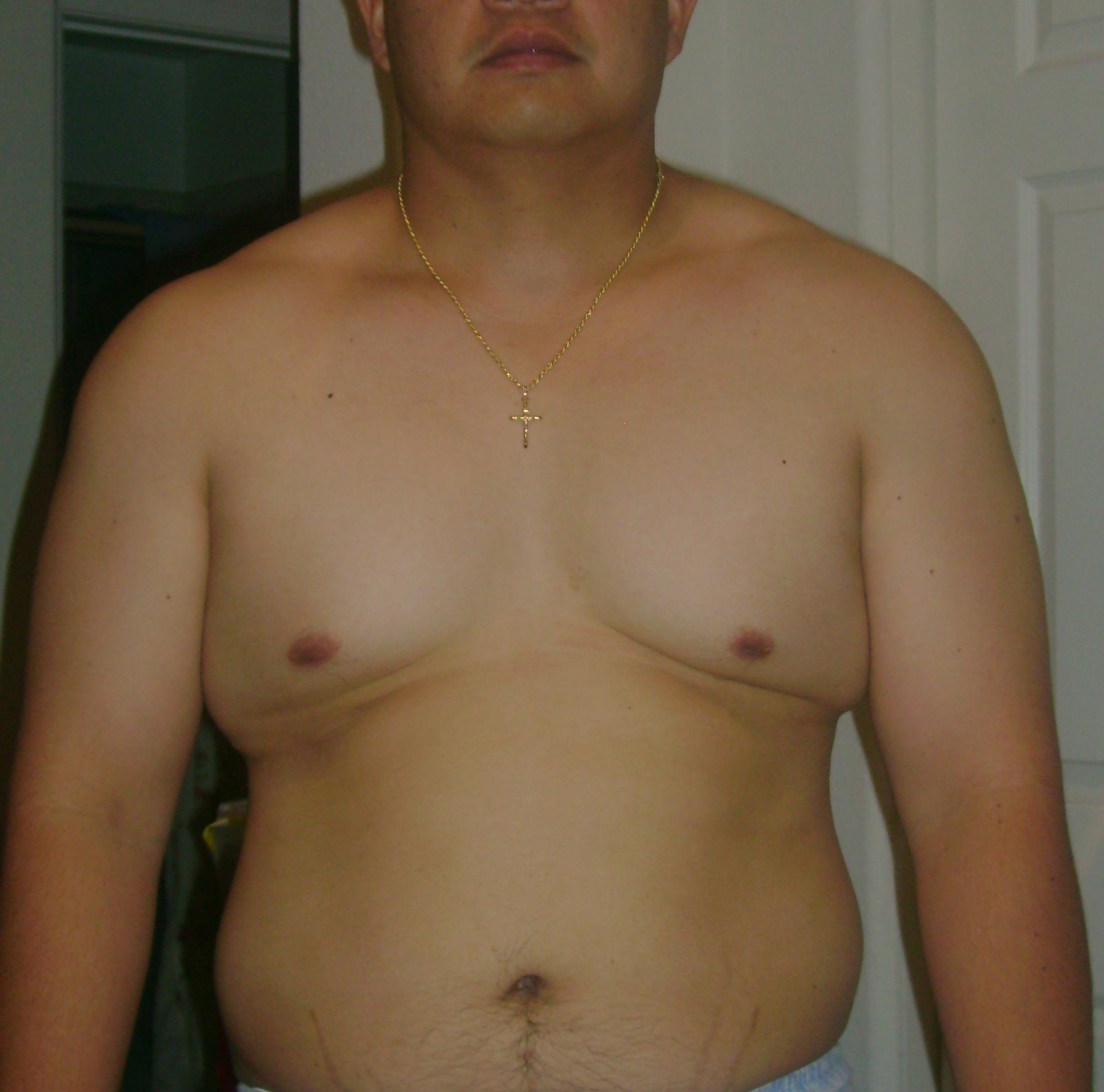Rest and Recovery is very underestimated in training be it a weight loss, a mass building program, strength training program or what have you...
REST IS NEEDED. I definitely got a great one today.
Many times I’ve fallen into that trap of trying to find the optimal balance between training as well as to make time for optimal recovery for the body to repair itself under all that stress we put on it throughout the week through exercise. If you’re like me, we tend to pile on so much of our efforts in stepping on the gas pedal when working out that we fail to recognize the importance of when to step on the breaks to allow the body to recover. Can you imagine all that stress we tend to put on our bodies constantly 3,4,5 maybe even 6 times a week!? Just like a car on it’s last drip of gas in the tank - it’s almost a slam dunk that the body will breakdown if we don’t listen to it and pay attention to those needs like rest and recovery. And when we don’t listen to our bodies...here comes the injuries, here comes the sickness...and here comes the overtrain state we all dread.
I've learned this overtime...the ability to be able to listen to your body which is a very essential component in fitness if making exercise is going to be big part of your lifestyle.
So I took the day off today...a complete day off. No workouts, no light days...just a pure day off. I worked today but I felt like the body was definitely in repair mode (my triceps, chest and legs are pretty sore right now from a TT workout I did yesterday afternoon). I’ve taken breaks...just late last year..I took a week off from training because it was actually getting to me physically. And even though it was a week or so off...I still felt like I was still training...doing bodyweight exercises essentially...So when a program dictates: “Rest and Recovery”...I think it is wise to do such.
Not that I’m in the state of overtrain by any means (dude, I'm all energetic and excited about these new goals I hope to get to soon)...but this is a useful tip I googled up from a sports training expert in the U.K. by the name of Owen Anderson regarding well being of athletes in regards to training and recovery and a study he read up on regarding mood states of athletes. It was based on a study called Profile of Mood States back in 1971 (man I wasn’t even born yet and they already developed such studies on the effects of overtraining). It’s a set of numerous questions which have corresponding points to each question answered. It’s pretty straightforward set of questions he abbreviated and shortened. This is part of his article and I’ll qoute it here. This is from a Peak Performance Newsletter written by Owen Anderson:
“There are only six points, and the whole test takes less than one minute to complete. Simply rate each statement on a 1-5 scale as follows: 1 = strongly disagree; 2 = disagree; 3 = neutral; 4 = agree; 5 = strongly agree.
(1) I slept really well last night.
(2) I am looking forward to today's workout.
(3) I am optimistic about my future performance(s).
(4) I feel vigorous and energetic.
(5) My appetite is great.
(6) I have very little muscle soreness.
Evaluate yourself in this way each morning when you are ready to start your day. If your total score is 20 or above, your overall state of recovery is pretty good and you have probably recovered enough to carry out a high-quality workout on that day. If your total score is below 20, it is probably a good idea to rest or work easily until your score rises again.
This checklist can also be used during tapering periods to determine how well your recovery is going. If you have been training close to the borderline of overtraining before tapering, you might start the tapering period with a score of 15-18 (a lower score may indicate that you are already stale or overtrained). As the tapering period progresses, your score should rise steadily. In fact, the optimal situation would be for your ratings to reach 'flood stage' of 27-30 just before your major competition.
Naturally, for this exam to be valid you have to believe in the whole notion of recovery. If you are one of those athletes who gets depressed when you can't punish yourself on a daily basis, then all bets are off. On the other hand, if you can trust your body to adapt to reduced training and increased recovery with sizable gains in fitness, the little quiz will usually work well for you, encouraging you to avoid hard work on days when you need an easy ride and undertake challenging efforts when you are ready. Overall, it will make you a fitter athlete - an individual who can achieve new peaks in performance.”
Based on these series of questions I assessed myself at a 22 last night. Now I feel at a 28...so I definitely feel like today was a day to just take a day off. I feel good right now and ready to roll tomorrow!!!
Great stuff!! Definitely learned a lot from that.
So after a good days rest - the body feels recovered - the mind is relaxed and it's right back at it again tomorrow...training that is. =)
Words of advice: Take a break every now and then! It does the body tons of good. So listen to it.
Andy
The Site Is Back
4 days ago







.jpg)
.jpg)



3 comments:
Greaaat post there Andy! I liked that checklist a lot, thanks for sharing!!
Excellent post Andy! Rest is far under-rated. For myself, it's about getting to bed at a reasonable time. Three days a week I get 6-6.5 hours. On the others I'll get 7-8.
The other type of rest (the between resitance days and Sunday): Those give me the most difficulty. I always try to keep in mind Craig's immortal words, "don't do anything that will hinder the next day's workout".
Later,
mikez
Great post Andy...one of the things I've been working on is getting more sleep each night. Taking a true 'day off' from training is important...without feeling guilty about not doing anything. Good stuff!
Fred
Post a Comment